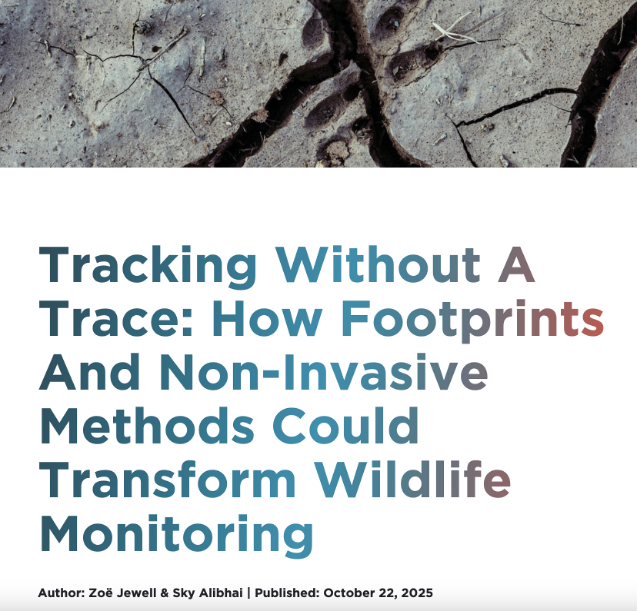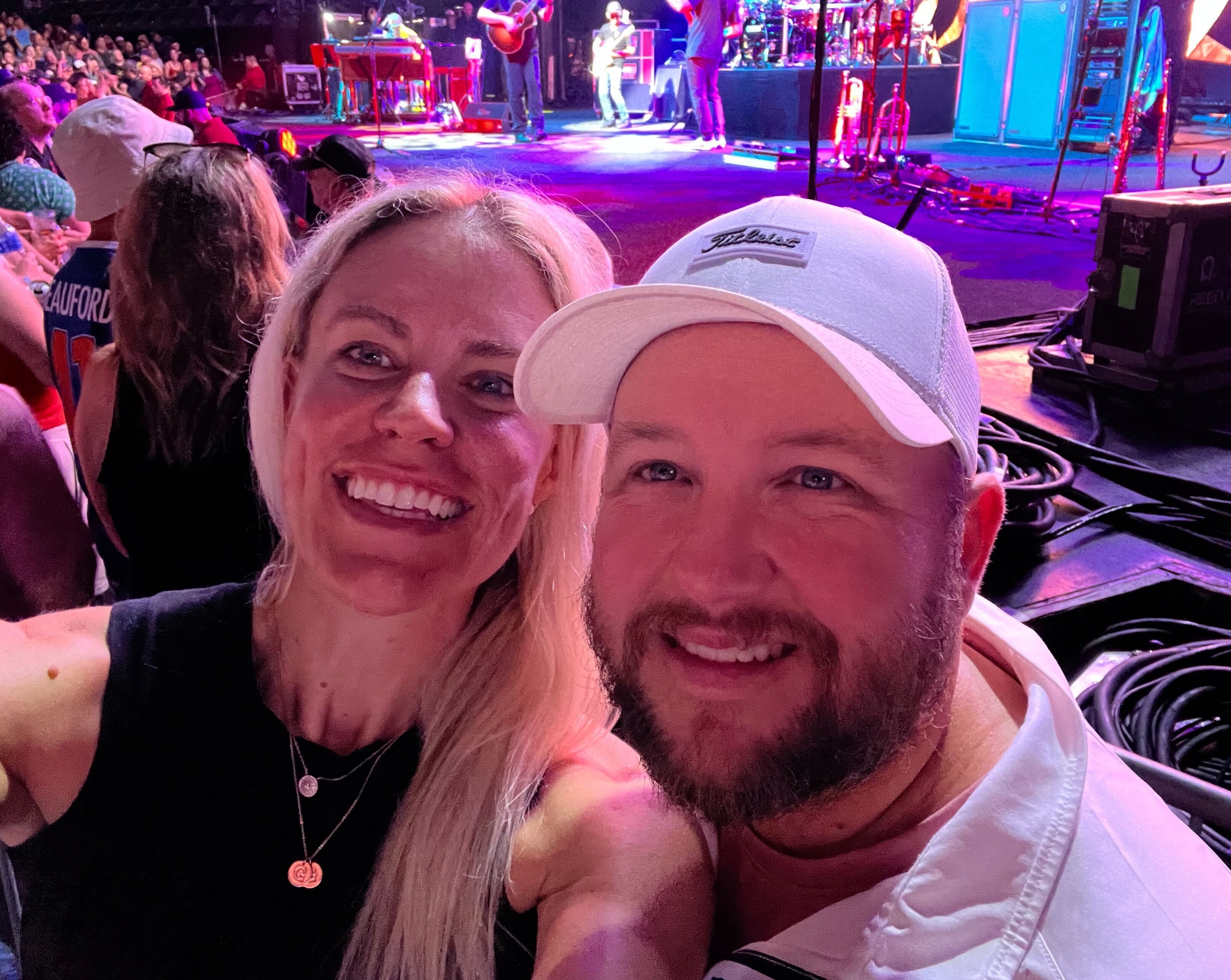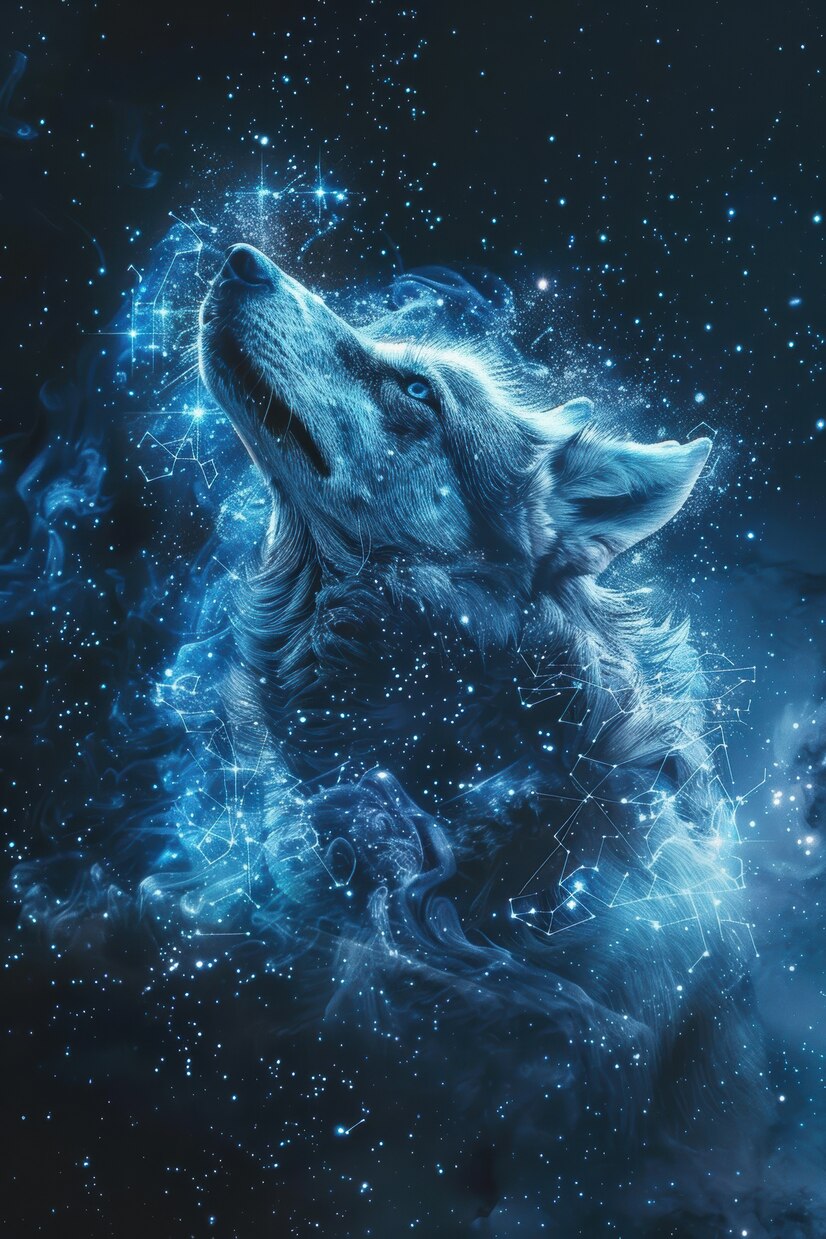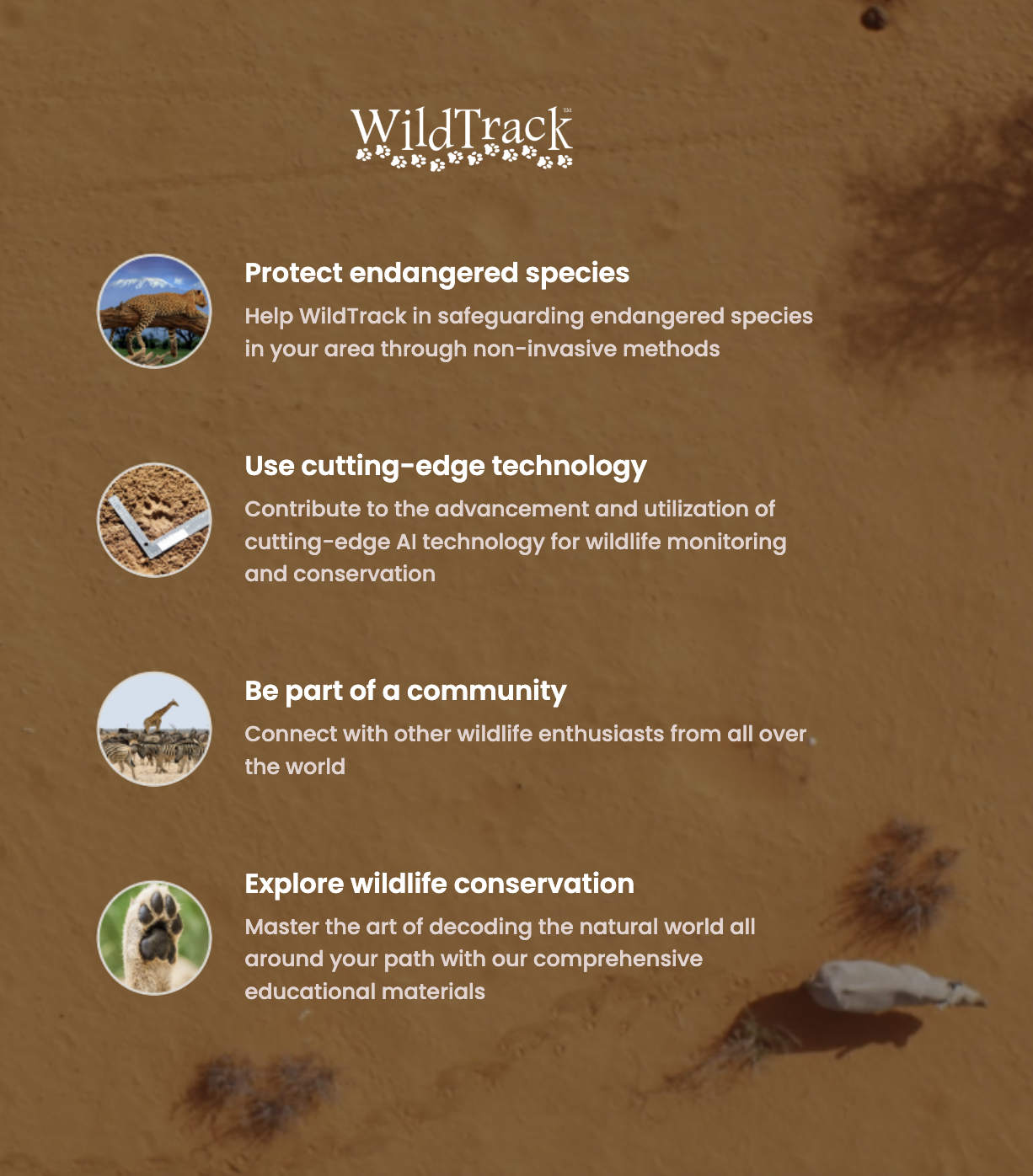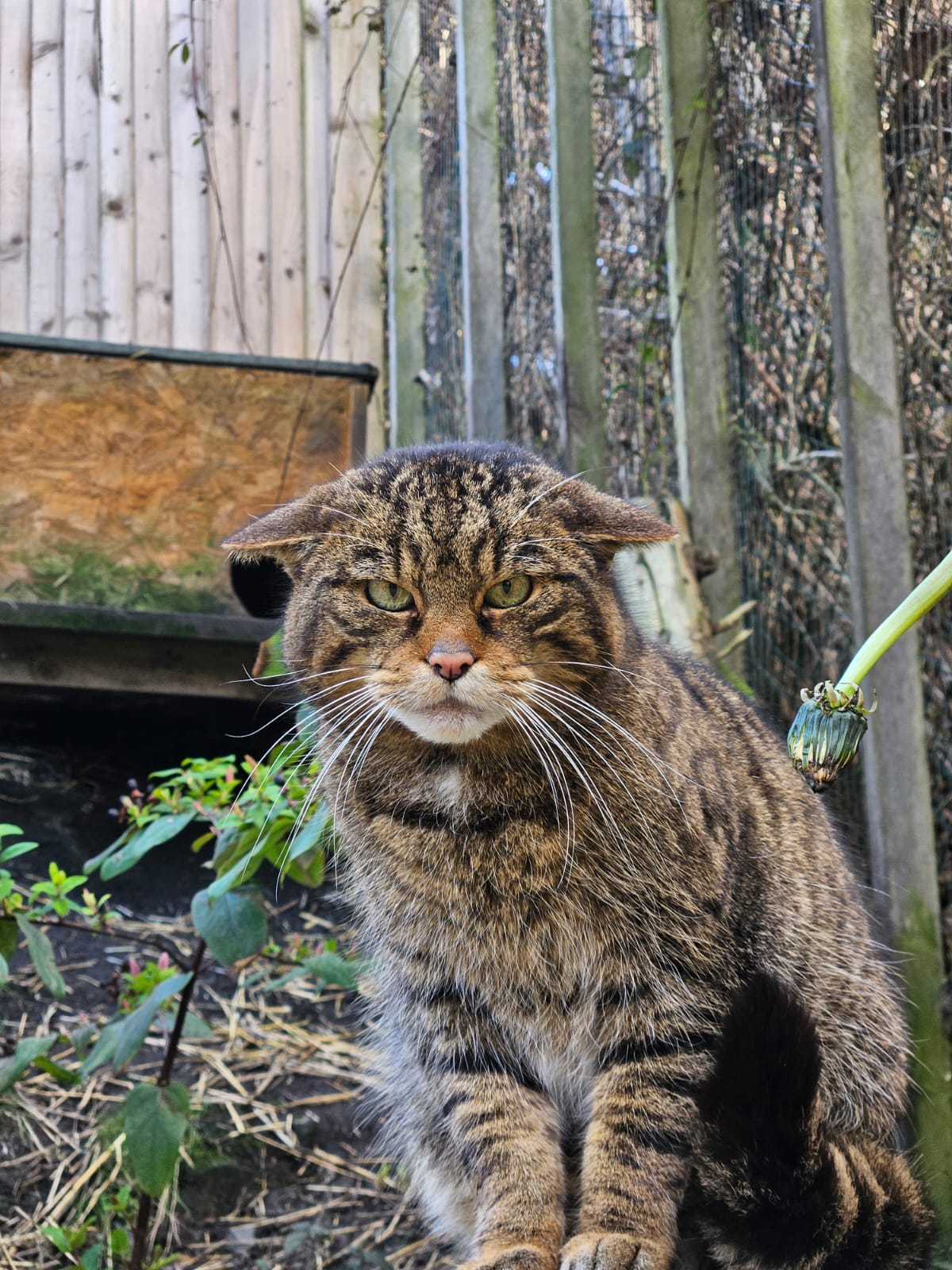WildTrack Team New Interview Series #3: Kari Dorth
For the 3rd interview in our series highlighting our amazing WildTrack team members, we’re excited to interview Kari Dorth, WildTrack’s awesome Operations Manager. Kari wears many hats across the non-profit world, and we feel honoured that she’s chosen to share her time and talents with WildTrack!
Welcome Kari! You’ve helped WildTrack figure out the best strategies for our many operations for almost 4 years now, and we’re so grateful to you for sharing your thoughts with our readers!

1. Please share your name and a little of your professional experience
My name is Kari Dorth and my professional journey began with an art degree and a job at a floral shop. I soon became aware of the industry’s environmental impact and without the skills or confidence to make a change within the floral industry, I searched for a new direction. This led me to shift my focus to selling eco-friendly products online. Driven to gain skills and learn more about businesses making a positive impact, I took on the role of Director of Admissions at Presidio Graduate School, where I helped students pursue a sustainable MBA while also earning my own. Today, I support sustainability through Gravity Water’s innovative rainwater harvesting projects, providing clean water to schools in need, and advancing wildlife conservation through WildTrack’s AI-driven technology—staying true to my values and working toward a more sustainable future.
2. You and I met when you were heading up a great team for non-profit Seed Consulting Group, helping empower non-profit missions. You’ve also volunteered for other non-profits. What do you find most rewarding in non-profit work generally, and what can be frustrating?!
It was a fortunate series of events that brought us together, and I truly enjoyed my time with Seed Consulting Group. I’m deeply grateful for the opportunity to collaborate with such an inspiring team. One of the most fulfilling parts of working with non-profits is witnessing the passion of professionals dedicated to following their dreams to create a more just world. It takes a visionary entrepreneur to start a nonprofit, but it takes an extraordinary individual to lead it to success. However, one of the most challenging aspects of nonprofit work is the reality that staff often aren’t compensated as well as those in for-profit organizations—not due to a lack of effort or skill, but because they are expected to be driven only by their deep sense of purpose.
3. As WildTrack’s Operations Manager, what do you feel are our biggest challenges, and how do they align with those of the other non-profit organizations you’ve worked for?
Many, if not all, nonprofits face the challenge of securing enough funding to support their dedicated teams and cover ongoing expenses. At WildTrack, this challenge is even greater, as our largest expense is the development and maintenance of our FIT technology tools, which are essential for collecting the data needed to protect endangered species. While it’s easier to share heartwarming stories and beautiful images of our staff interacting with the animals we’re working to protect, it’s our technology that allows these creatures to flourish without the intrusive impact of human presence. To advance our mission and expand our impact, WildTrack must increasingly rely on steady support from corporate partners and grants, as securing funding from individual donations is more challenging.
4. Which aspect of your work with WildTrack do you find most rewarding? Is there something you’d like to do in addition?!
Zoe, you are truly my inspiration! I deeply enjoy collaborating with you and the team and am continually amazed by your unwavering dedication to wildlife conservation and the genuine care you show for others. Your passion and commitment are contagious and motivate me to continue to work with nonprofits. I joined WildTrack because I wholeheartedly believe in its mission and want to explore how I can leverage my professional skills and experience to support animal conservation efforts. Living near the Sierra Nevada Mountains, I feel a personal connection to the natural world, and I’m eager to contribute to WildTrack’s work on a local level. I would love the opportunity to help expand WildTrack’s initiatives here, particularly in response to the recent wildfires that have affected our local wildlife and ecosystems.
5. You manage many volunteers in your work for WildTrack. What would you say to prospective volunteers wanting to help us?
Volunteers are drawn to an organization for various reasons, and I believe the most meaningful experiences come when their values align with the organization’s mission. It’s important to be clear about your intentions and the commitment you’re able to offer, while also staying open to unexpected opportunities that may arise. WildTrack, as a small organization, provides skilled volunteers with the chance to gain hands-on experience in a wide range of areas, from nonprofit work and scientific research to technology, all in support of advancing wildlife conservation. While we unfortunately lack the funding to transition most volunteers into paid positions, we owe so much of our progress to the dedication and support of our incredible volunteers. Their contributions have been vital to our success.
6. If you could visit any of the WildTrack field projects, which would it be, and why?!
That’s a tough question! Every one of WildTrack’s field projects fascinates me, and I’d love to visit any of them. However, the recent project focused on identifying tortoise shells is particularly exciting. The potential of WildTrack’s FIT technology to help combat the illegal pet trade on a global scale makes this project especially impactful, and I’m eager to see the difference it can make.
7. You understand the importance of giving users a good experience when they contribute track data to our platform. If you could wave a magic wand and add one new feature on our AI platform right now, what would it be?!
Just like when you place an online order or submit a survey, it’s beneficial to track the status of your submissions in real time and understand the broader impact of your efforts. It would be fantastic to have close to real-time updates on my observations as they move from submission to review, to confirmed status, along with an annual summary highlighting the conservation impact of the data collected so far. I’d also love the opportunity to connect with other trackers, share experiences, and exchange maps of where data is being collected—perhaps even collaborate with a trail map app to identify hot-tracking areas. I know this covers more than one feature, but as a systems thinker, I naturally see how all these elements would work together to enhance the overall experience.



